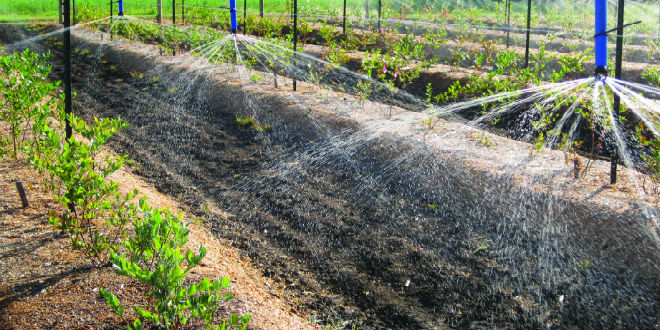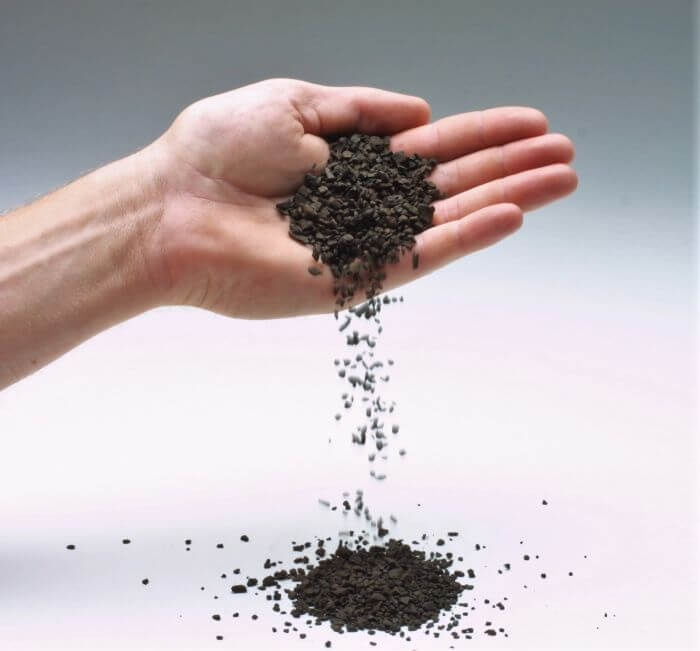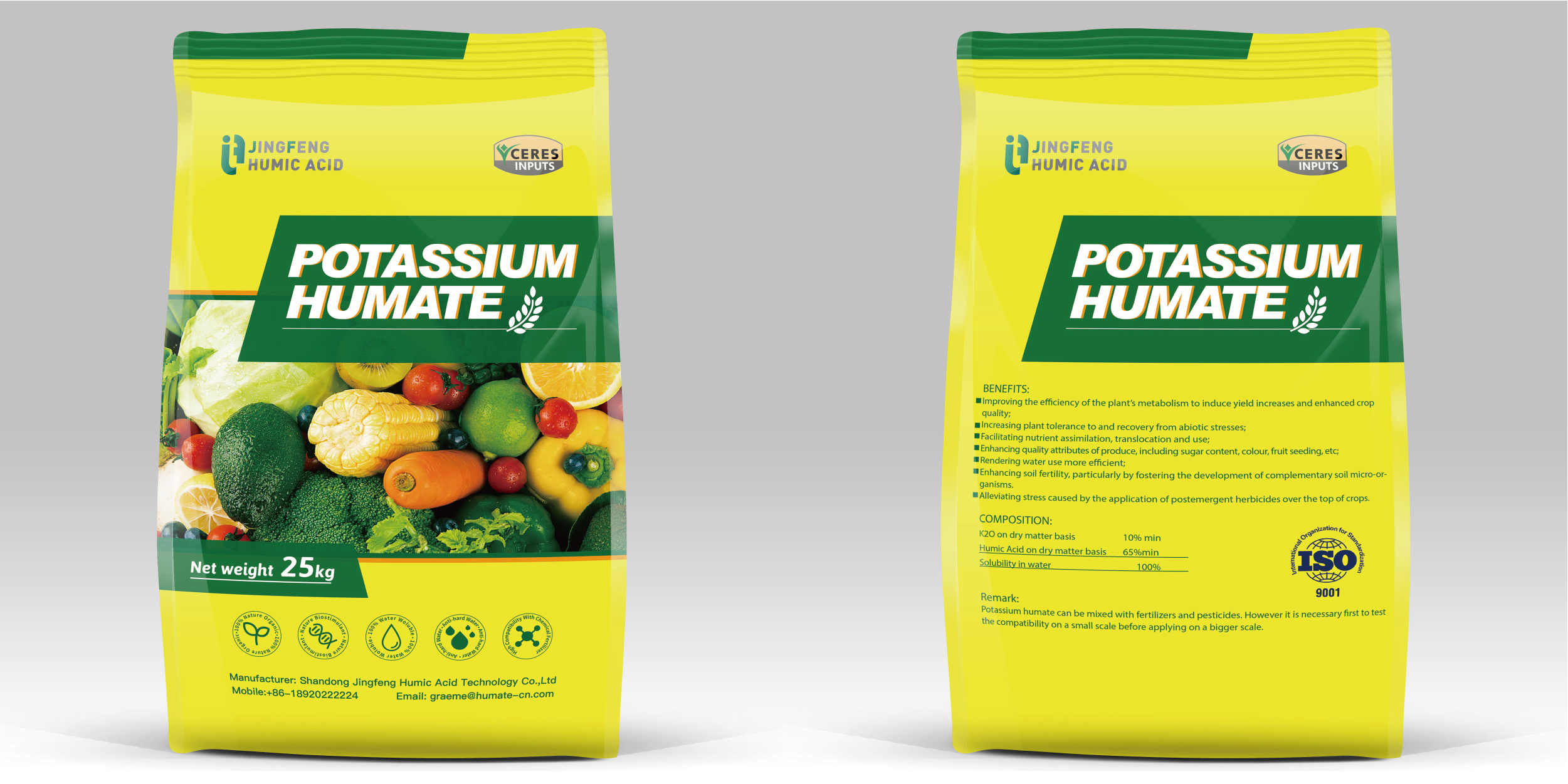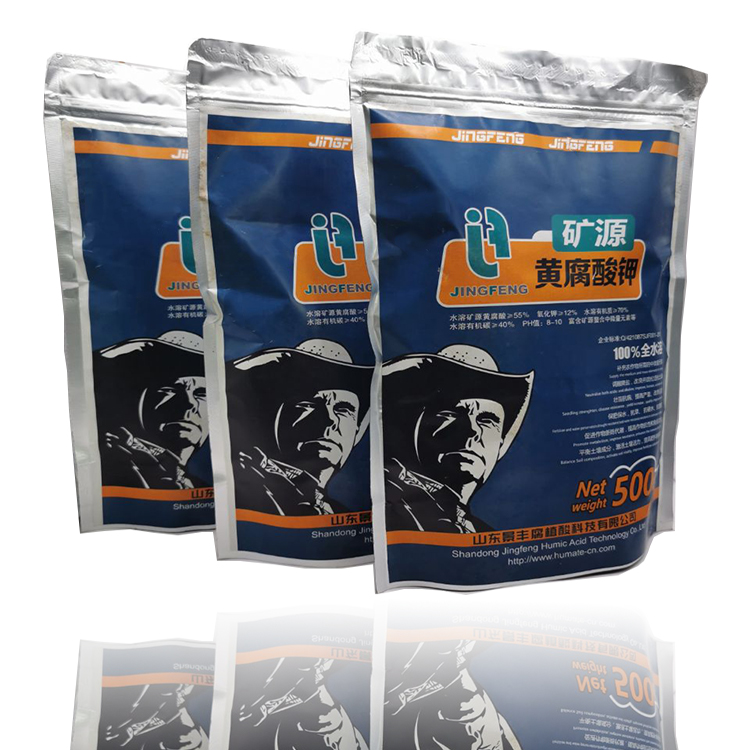When water soluble humic acids are used as foliar fertilizers, they can be applied during the entire growth period of crops. It can promote root growth, improve crop resistance, increase yield, and improve quality, but the application effect will not be quick and obvious. The fertilization period should be determined based on the regional environment and the growth characteristics of the crop.
Using humic acid foliar fertilizer when soil pH is out of balance.
Too high or low soil pH is not conducive to crop growth. When the soil pH is <5.0 or pH>9.0, the vitality of the crop roots will decrease, and the ability to absorb nutrients will be poor, which is likely to cause nutrient deficiency. Acidic soil is prone to lack of elements such as magnesium, calcium, potassium, boron, and molybdenum.
Alkaline soil is prone to lack of elements such as iron, zinc, manganese, and phosphorus. Foliar spraying of water-soluble fertilizers containing humic acid can greatly alleviate the nutrient deficiency of crops due to poor root absorption, maintain body functions and prevent premature plant senescence.

Using humic acid foliar fertilizer when the soil is dry or waterlogged.
When the soil is dry or waterlogged, the root system of the crop becomes weak and physiological obstacles occur, resulting in a decline in absorptive capacity. Spraying humic acid foliar fertilizer can inhibit transpiration, reduce water loss and improve drought resistance. And it can promote root development and improve root absorption.
Using humic acid foliar fertilizer when crops lack nutrients.
When crops suffer from nutrient deficiency, the physiology and metabolism of the plants have been greatly affected. At this time, spraying humic acid foliar fertilizer uses the complexing (chelating) properties of humic acid to activate iron, manganese, zinc, and copper Such metal cations can enhance the effect of fertilizers and promote nutrient absorption, which can quickly relieve the symptoms of nutrient deficiency.
When the soil is saline or salinized.
Spraying humic acid water-soluble fertilizer can reduce the ratio of sodium ions in crop leaves to various cations such as potassium, calcium, magnesium, etc., thereby reducing salt damage to crops.

When plant diseases and insect pests occur.
When plant diseases and insect pests occur in the roots or above-ground parts of crops, the absorption or transport capacity of the roots is reduced. Humic acid foliar fertilizer combined with pesticides can not only improve the control effect of pesticides, but also supplement the deficiency of nutrients.
When crops suffer from freezing damage and dry hot wind.
When crops encounter freezing damage, spraying humic acid foliar fertilizer can significantly enhance plant resistance and reduce freezing damage. When crops encounter dry hot wind, crop water loss accelerates. Foliar spraying can increase the concentration of crop cytoplasm, prevent water loss, and enhance the ability to resist dry and hot wind.
When the crop has a physical disorder or weakness.
For example, when the crop grows excessively due to excessive nitrogen fertilizer, it is difficult to bloom and bear fruit; when the plant load is too large, which affects normal growth and development; when the plant is weakened during the later stage of the growth of the crop, the root absorption capacity is significantly reduced. All of the above situations can be solved by spraying humic acid foliar fertilizer on the leaves. It can quickly replenish humic acid and nutrient elements, restore plant growth, and coordinate the development of plant vegetative growth and reproductive growth, which is beneficial to increase yield and improve the quality of agricultural products.







